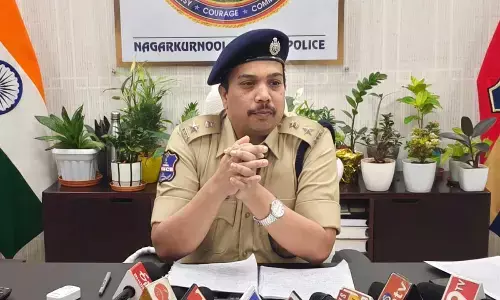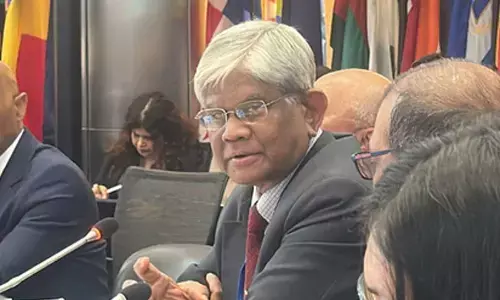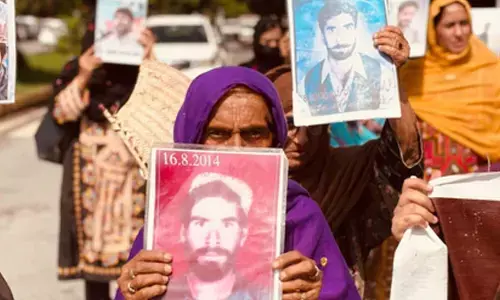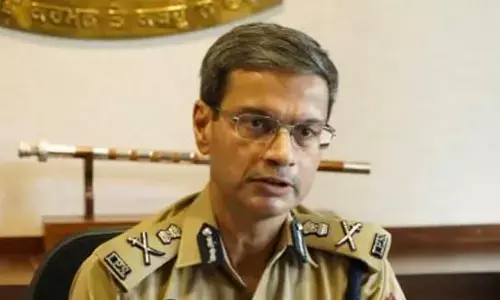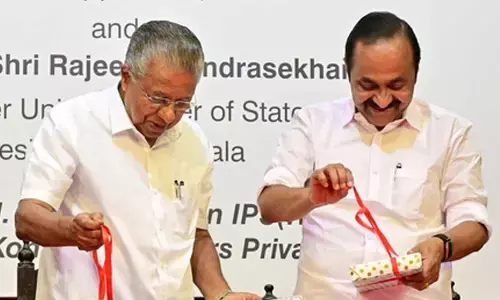Senthil Balaji case: Supreme Court refers the question if police custody will only be within the first 15 days of remand to larger bench
Share :
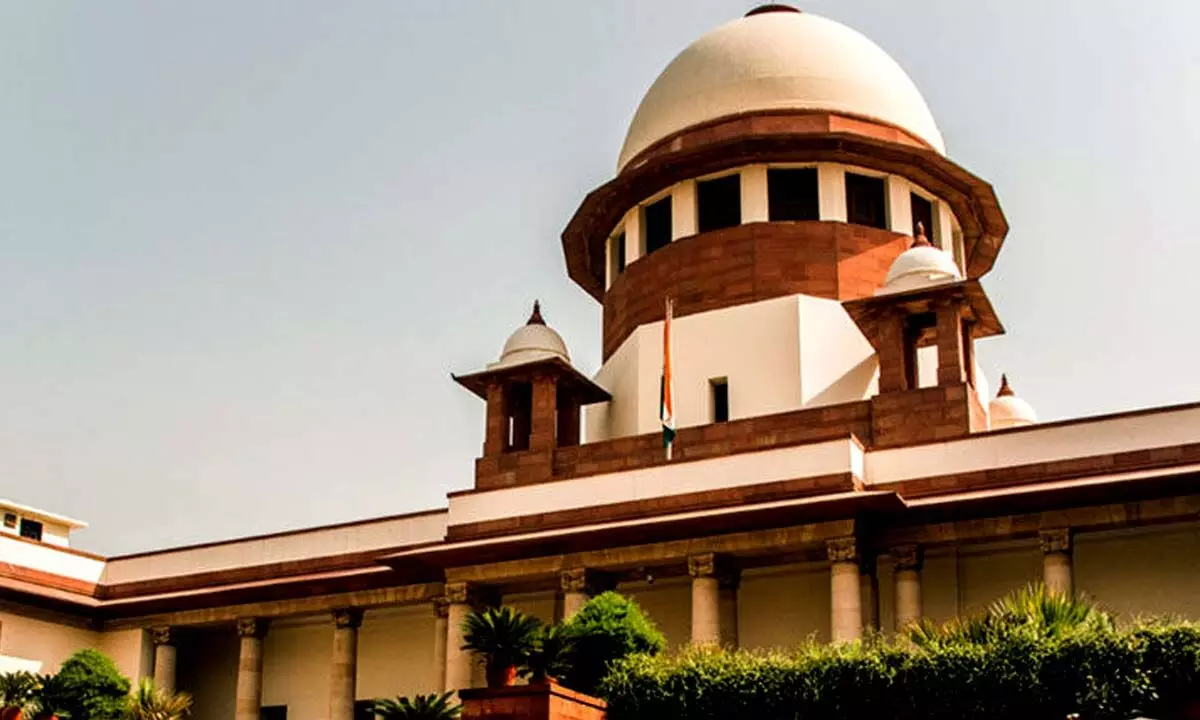
Supreme Court of India
The Supreme Court on Monday made reference to a larger bench on the question as to whether the 15 days period of custody in favour of the police should be only within the first 15 days of remand or spanning over the entire period of investigation i.e. 60 or 90 days, as a whole.
New Delhi: The Supreme Court on Monday made reference to a larger bench on the question as to whether the 15 days period of custody in favour of the police should be only within the first 15 days of remand or spanning over the entire period of investigation i.e. 60 or 90 days, as a whole.
A division bench of Justices A.S. Bopanna and M.M. Sundresh made the above reference while dismissing the pleas filed by arrested Tamil Nadu Minister V. Senthil Balaji and his wife against the Madras High Court's decision upholding the ED's right to take the DMK leader into custody in connection with an alleged cash for jobs scandal.
It said that section 167 of the CrPC (Code of Criminal Procedure), 1973 is a bridge between liberty and investigation, performing a fine balancing act.
The division bench did not concur with an earlier judgment rendered in Anupam J. Kulkarni case that a police custody will only be within the first 15 days of remand, and held that the maximum period of 15 days of police custody is meant to be applied to the entire period of investigation.
In view of the difference, it directed the matter to be placed before the Chief Justice of India for the constitution of a larger 3-judge bench.
The division bench held that writ of habeas corpus, filed by the wife of the arrested minister, challenging the remand order was not maintainable. It said that an order passed by a Magistrate giving reasons for a remand can only be tested in the manner provided under the statute and not by filing a writ of habeas corpus under Article 226 of the Indian Constitution.
"An authorised officer under the PMLA, 2002 is not duty bound to follow the rigor of Section 41A of the CrPC, 1973 as against the binding conditions under Section 19 of the PMLA, 2002," it also held.
The Supreme Court allowed the Enforcement Directorate (ED) to take Balaji into custody till August 12.
"We are inclined to permit the respondents (ED) to have custody of the appellant(Balaji) till 12.08.2023," it ordered. It said that words "such custody" occurring in Section 167(2) of the CrPC, 1973 would include not only a police custody but also that of other investigating agencies and the word "custody" will mean actual custody.
The Supreme Court on August 2 reserved its verdict in the clutch of pleas after hearing the both sides and had refused to pass any interim direction relating to police remand sought by the ED.
Senior advocate Mukul Rohtagi, representing Balaji, had argued that after expiry of 15 days from arrest, an accused cannot be detained in police custody.
Earlier on July 21, the Supreme Court had issued notice on the petitions filed and sought response of the ED on the pleas. The top court had agreed to urgently list the pleas after it was apprehended that Balaji may be taken into police custody anytime and if the matter is not heard immediately, the petitions will become infructuous.
The minister and his wife had approached the top court of the country after a bench of Justice C.V. Karthikeyan of the Madras High Court, the third judge to whom the matter was referred, gave its ruling that the central agency has the right to arrest the legislator. It had said that if the agency can arrest, they can also seek custody as well.
Notably, the ED has also filed another petition before the top court challenging some observations made by the high court in its order. The habeas corpus petition challenging arrest of Balaji by the Enforcement Directorate was heard by a three-judge bench on directions of the Supreme Court after a split verdict was pronounced by a division bench of the Madras HC on the plea moved by the legislator’s wife.
In a split verdict delivered on July 4, Justice J. Nisha Banu termed the arrest of the minister illegal and ordered him to be set free with immediate effect, while Justice D. Bharatha Chakravarthy differed on the question of his "illegal" detention.
S. Megala, the wife of the arrested minister had moved a petition before the high court assailing her husband’s arrest by the ED in connection with a cash-for-jobs scam that allegedly occurred during his tenure as the Transport Minister from 2011 to 2016 in the then AIADMK government.
In an interim direction passed on June 15, the High Court had ordered to transfer the minister from a government hospital where he was under the custody of ED officials to a private hospital. The ED had filed an appeal before the Supreme Court challenging this.







